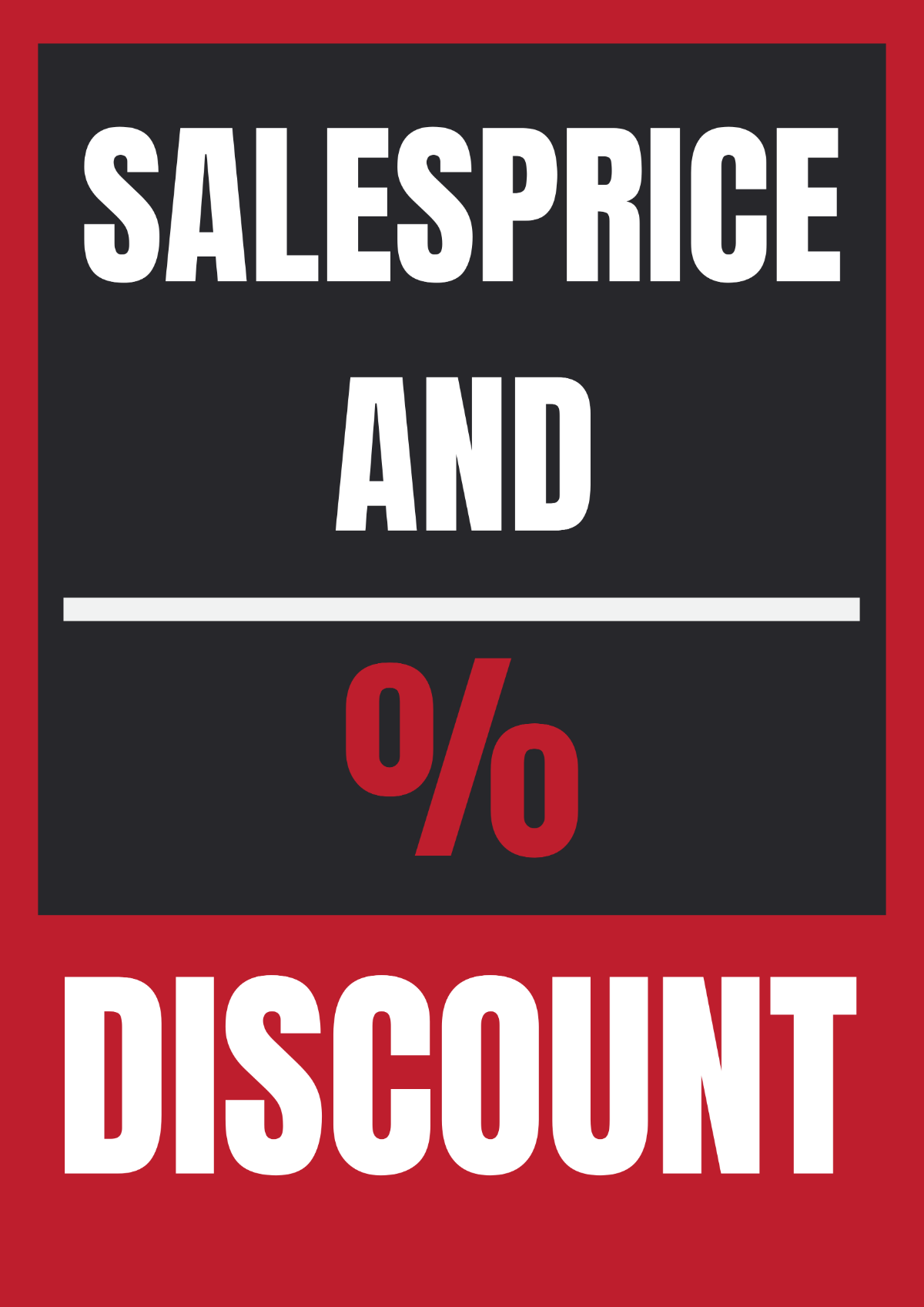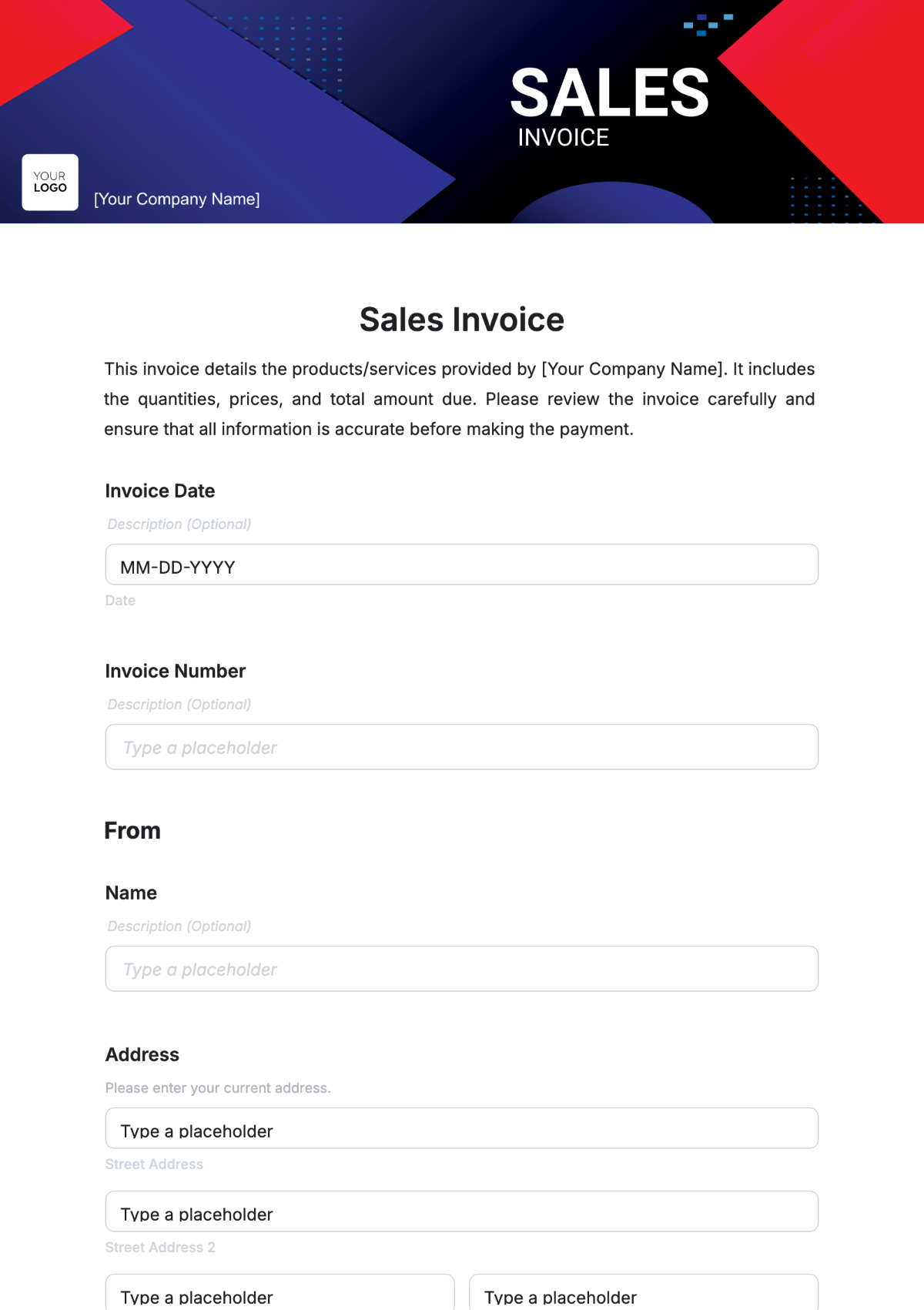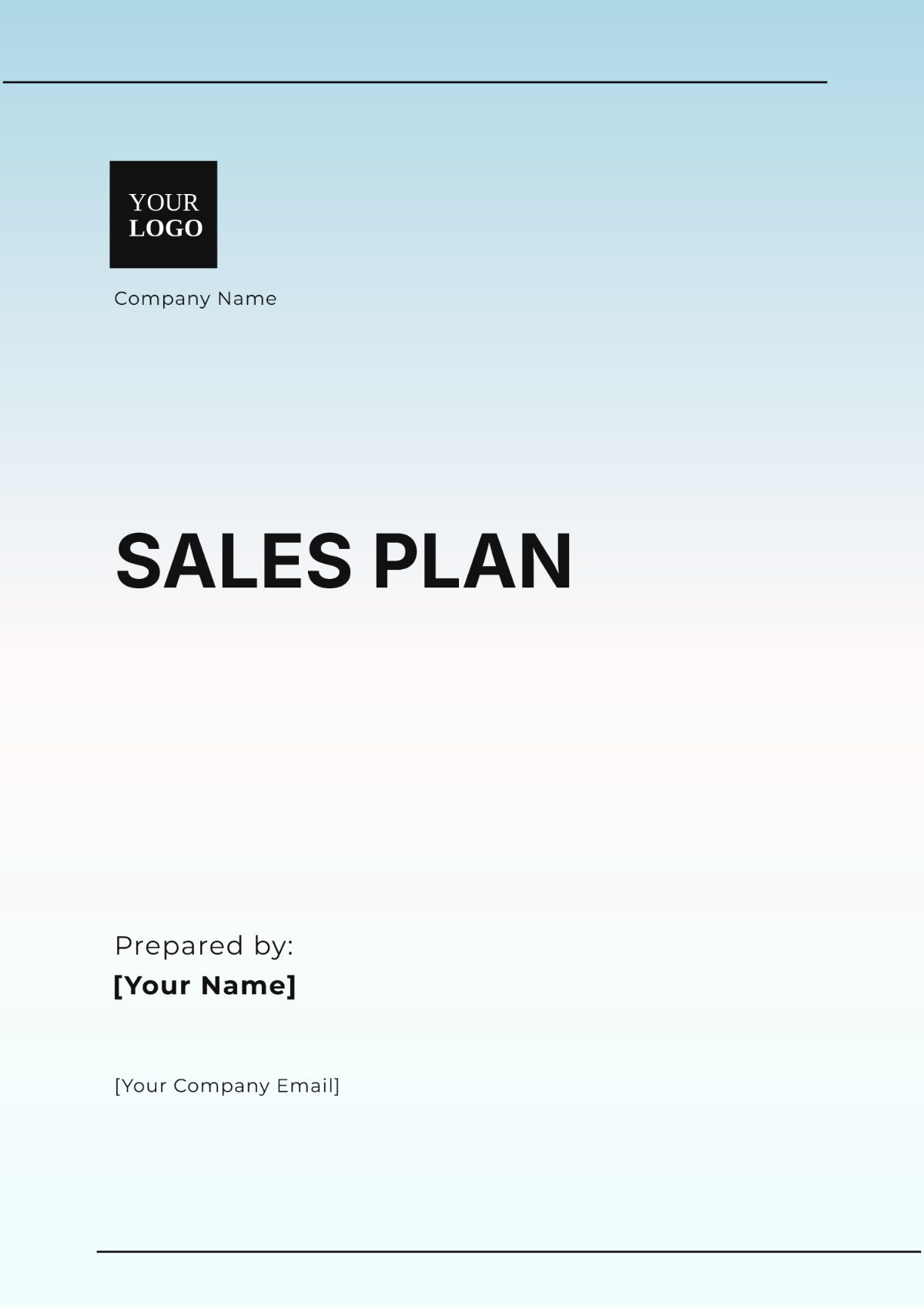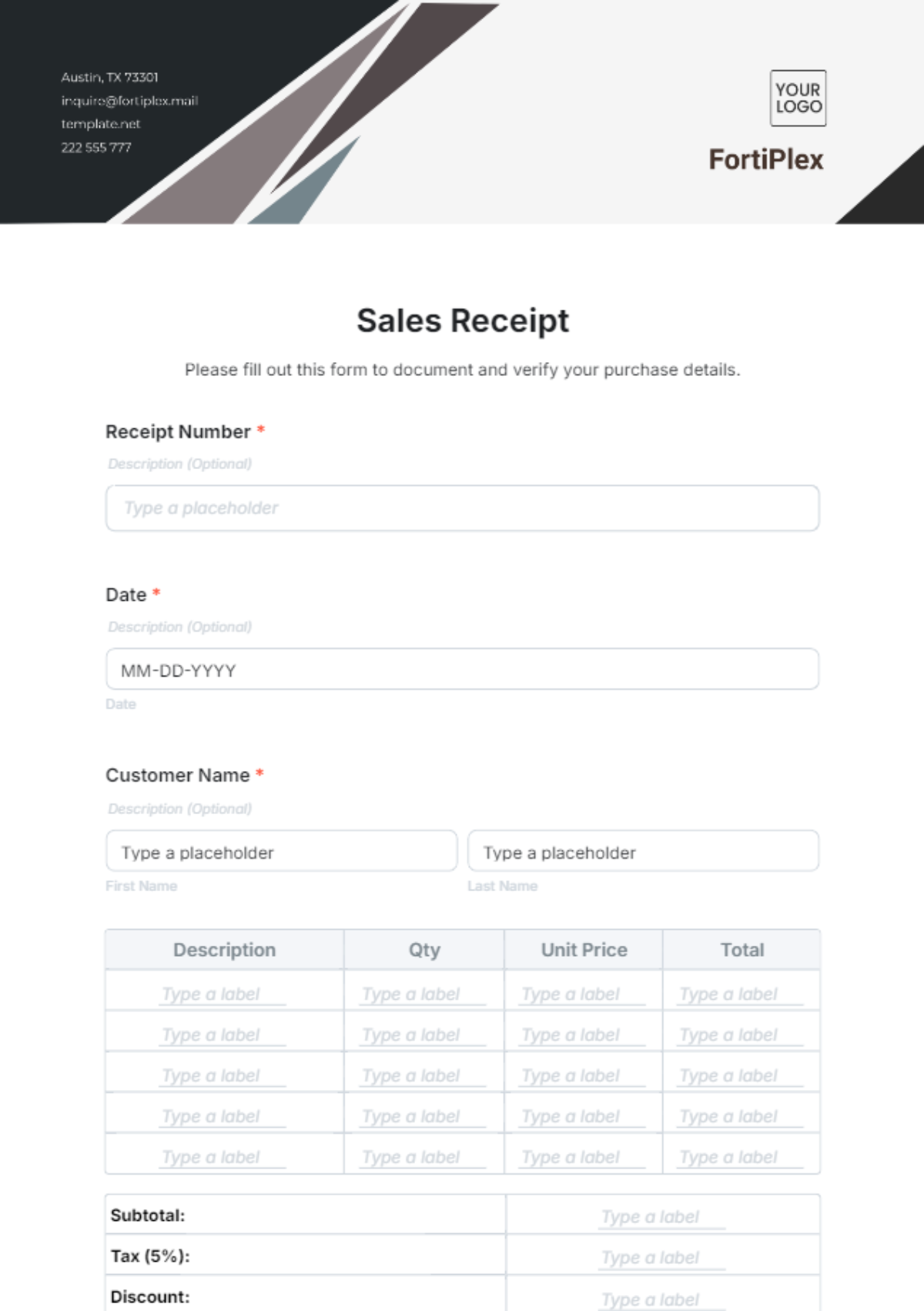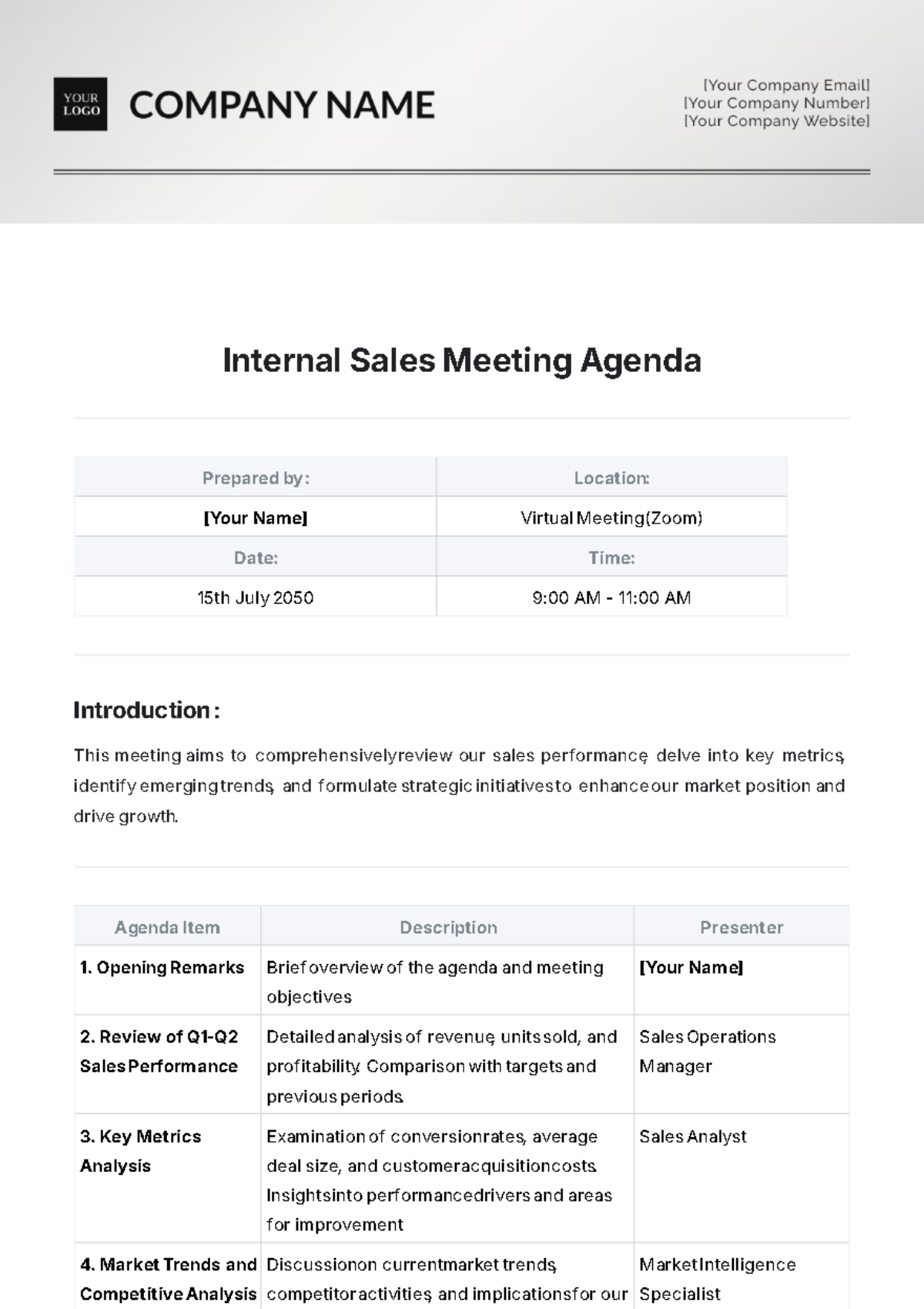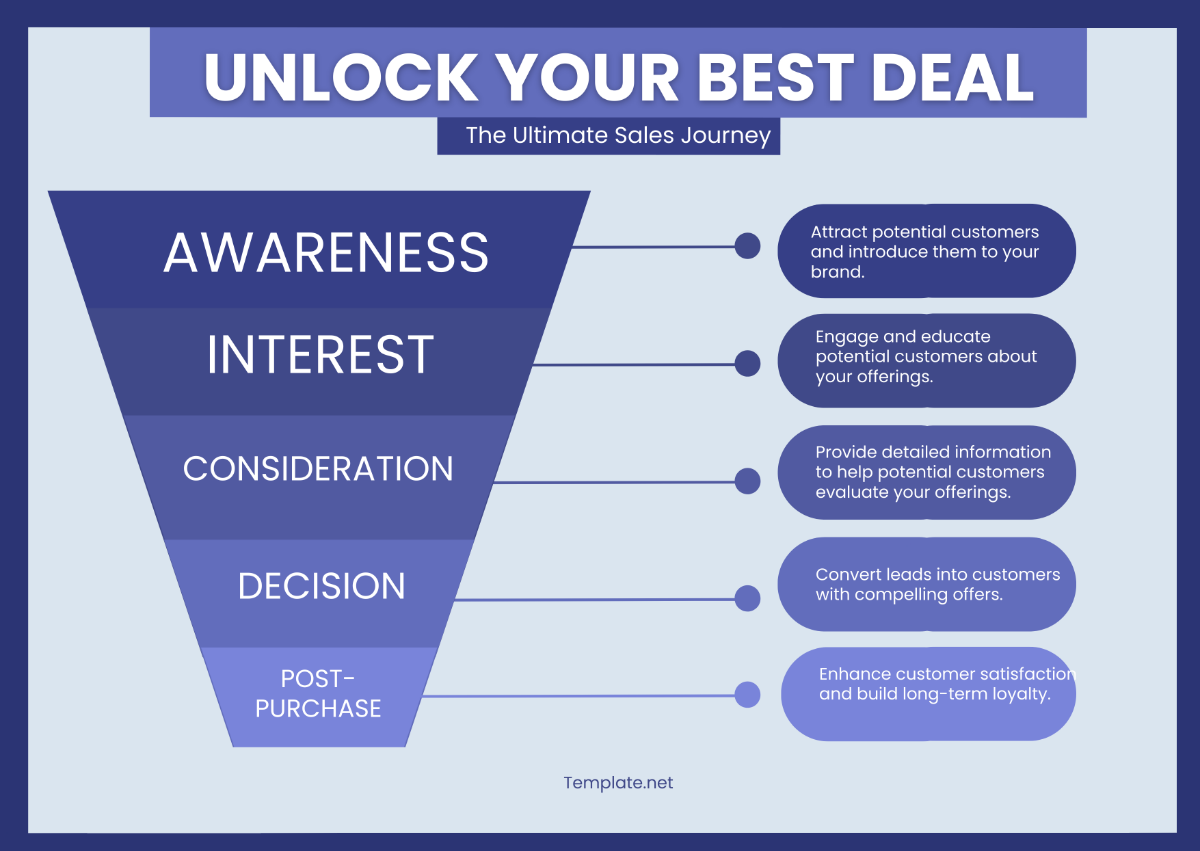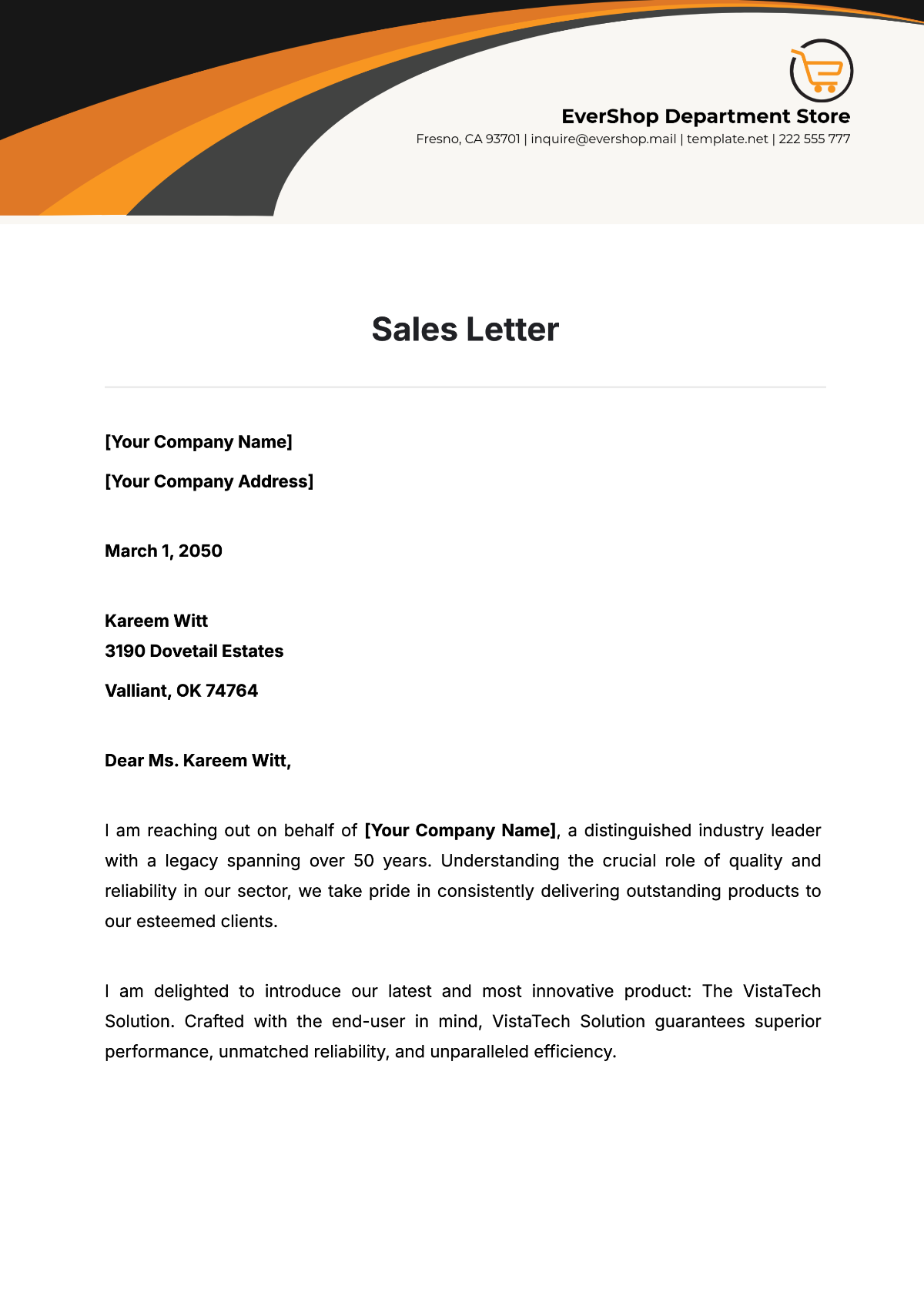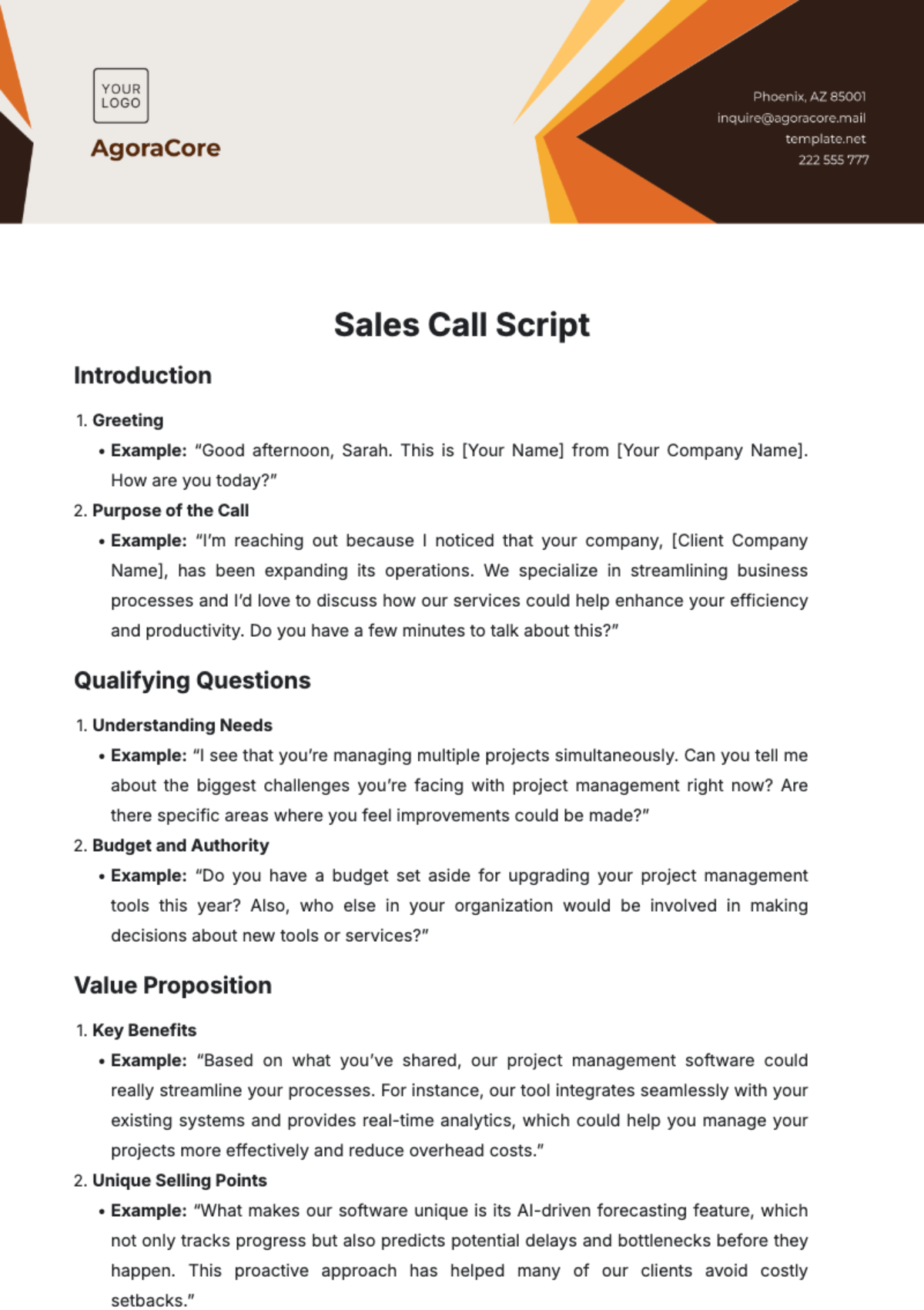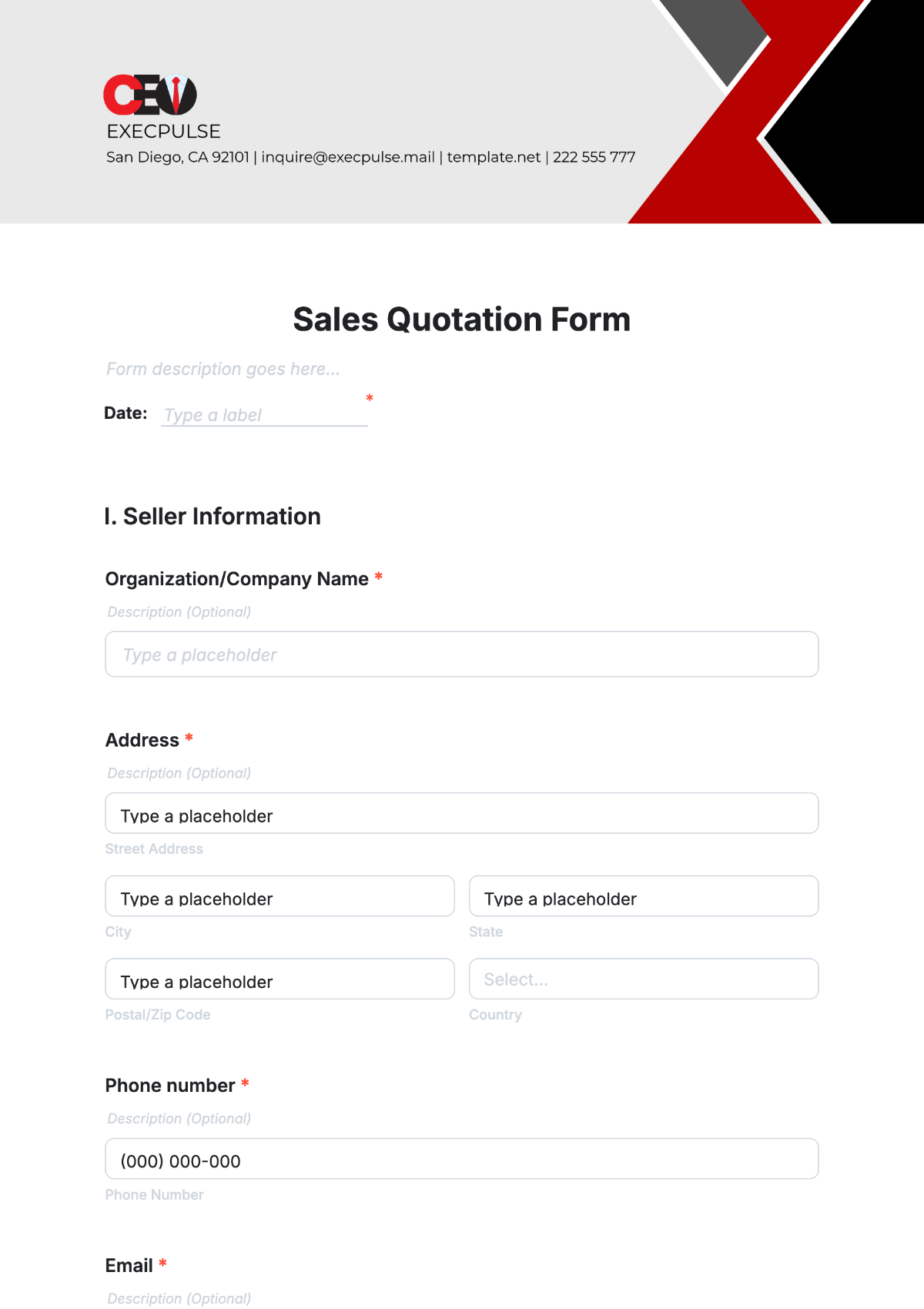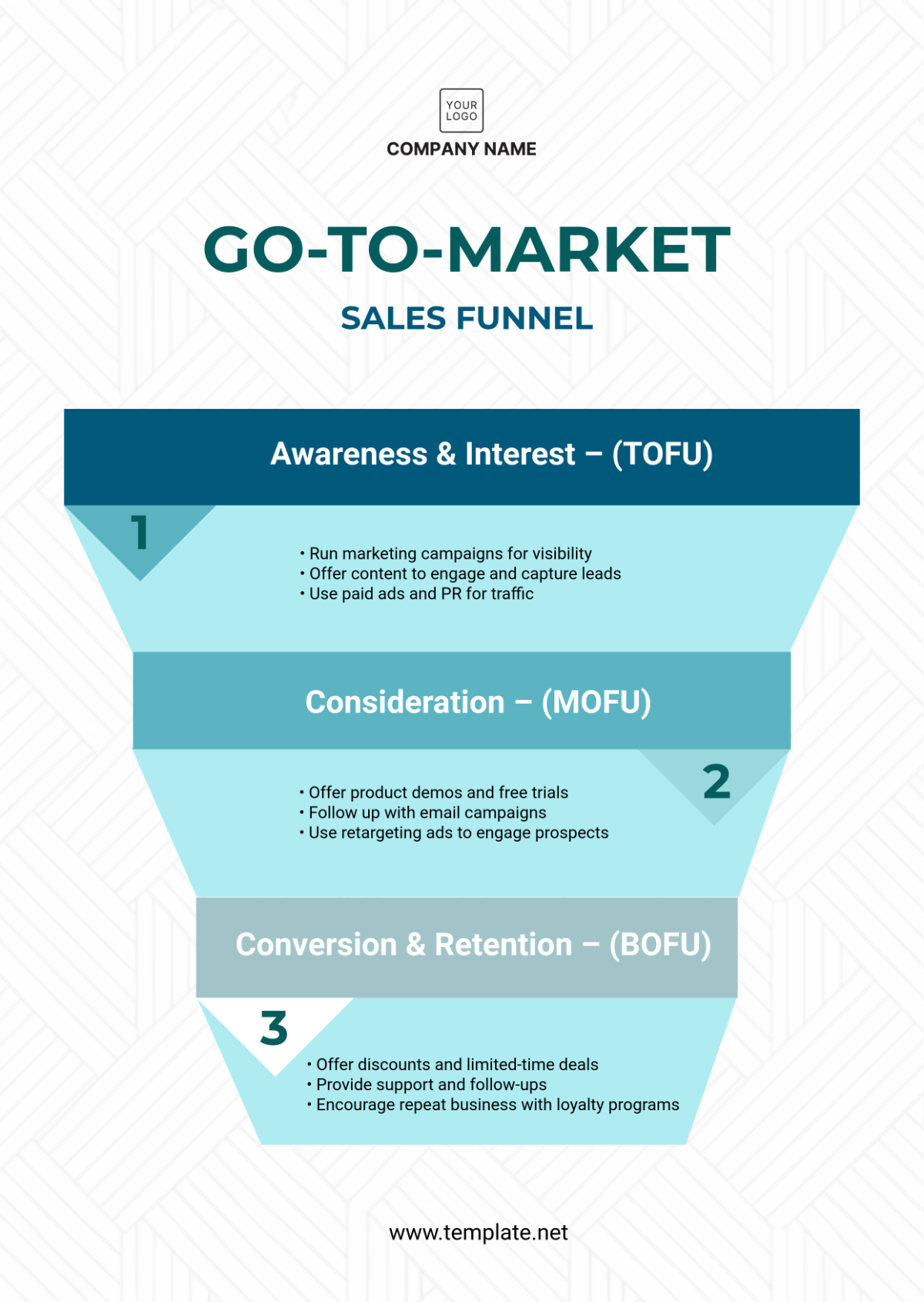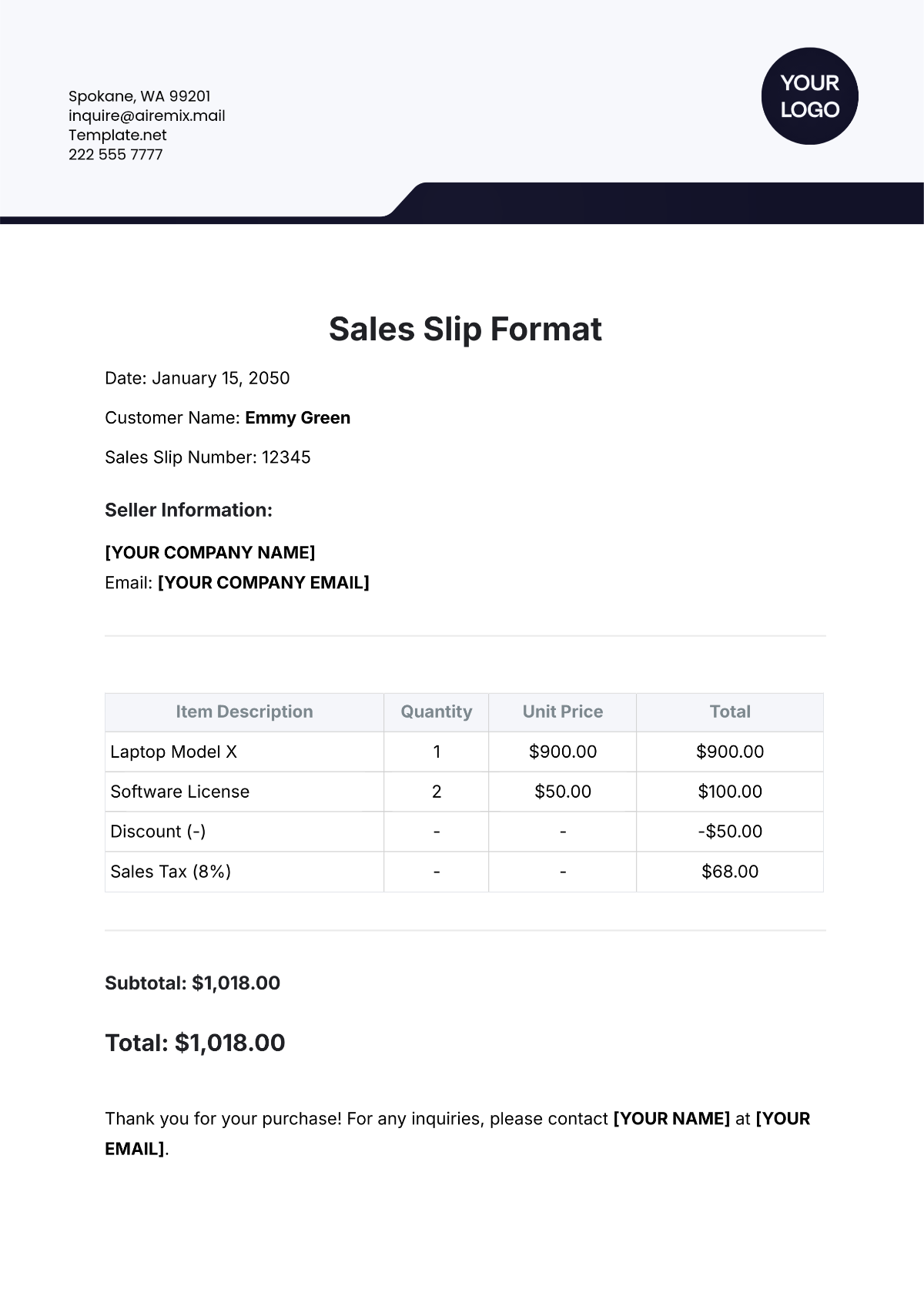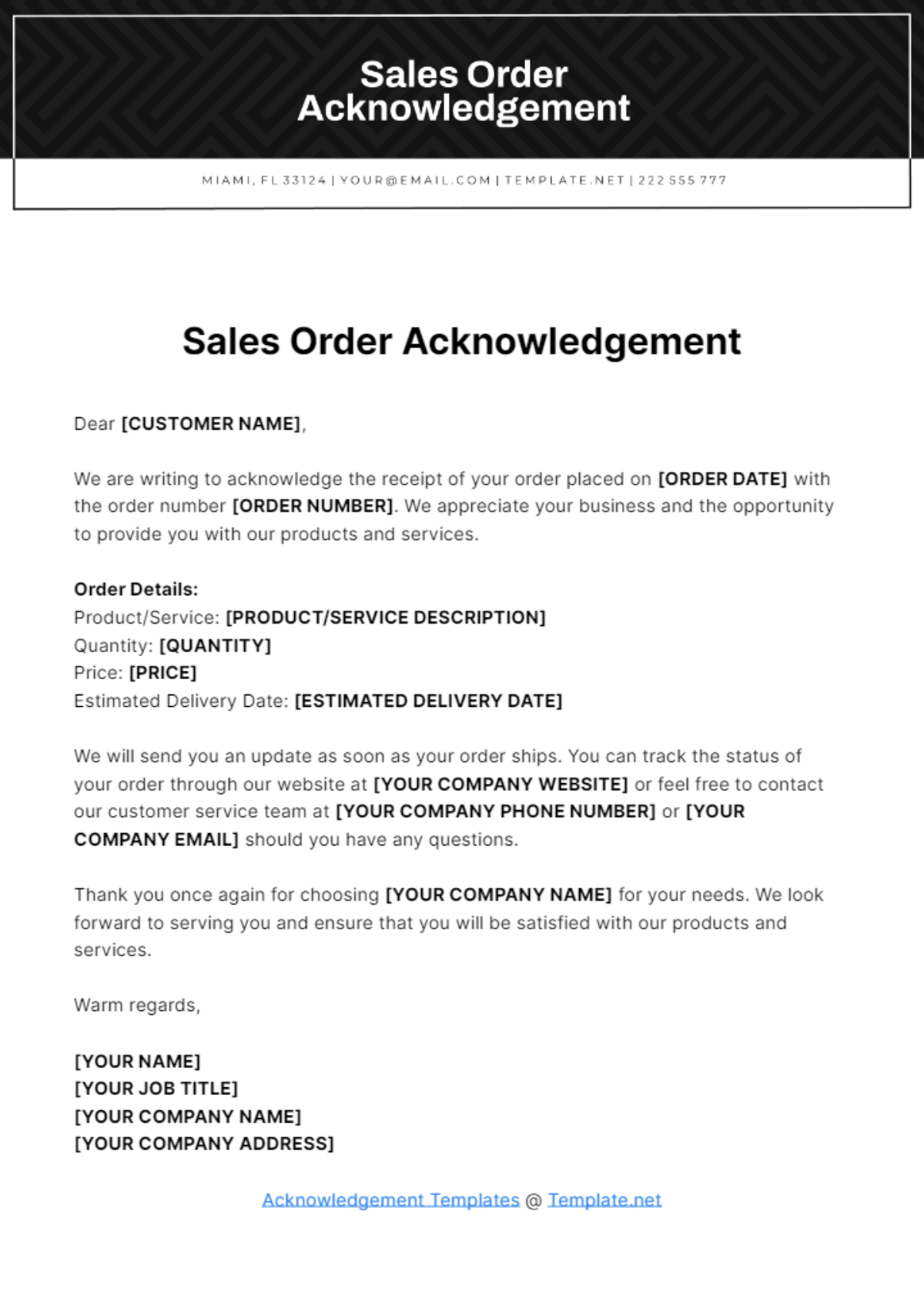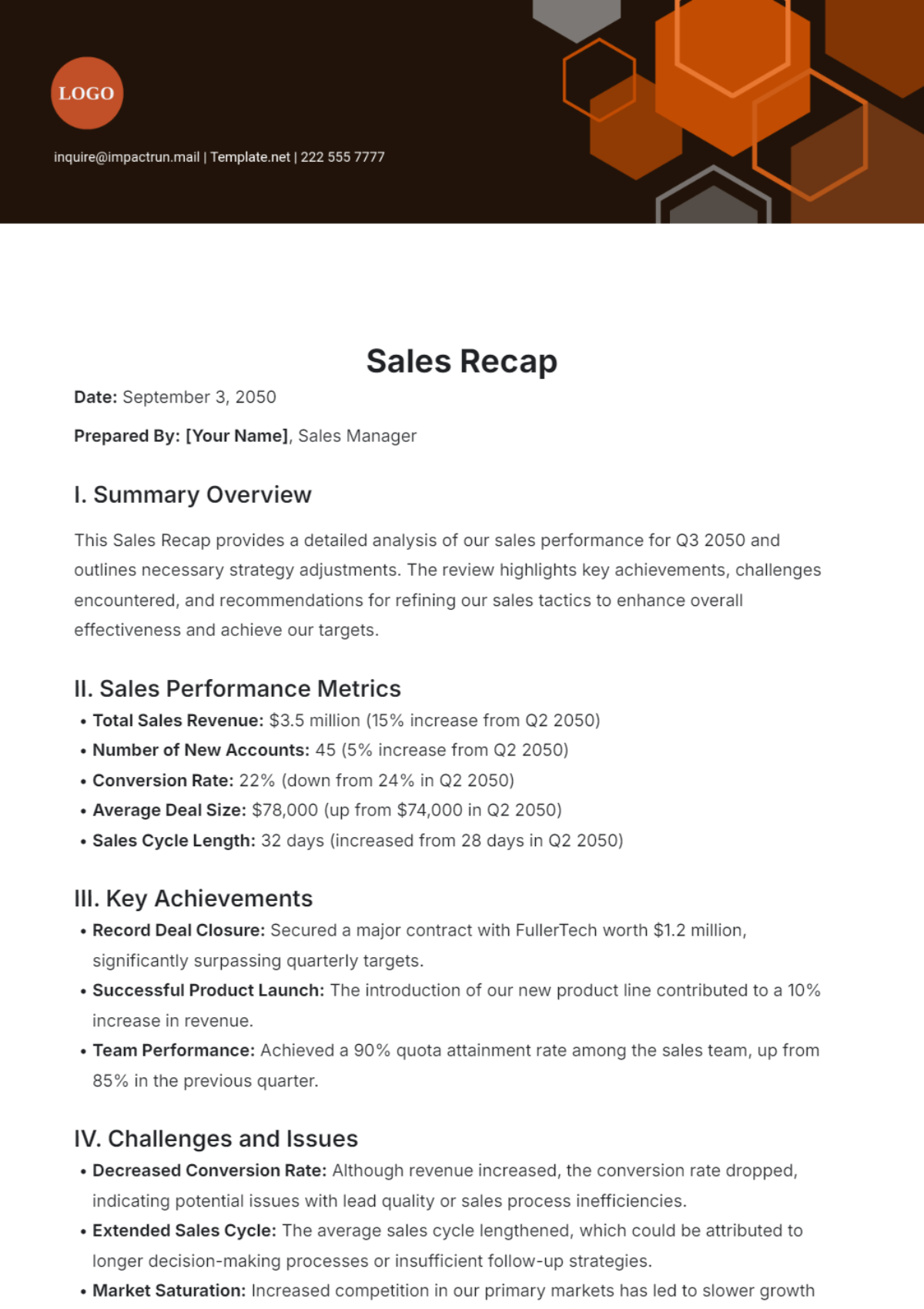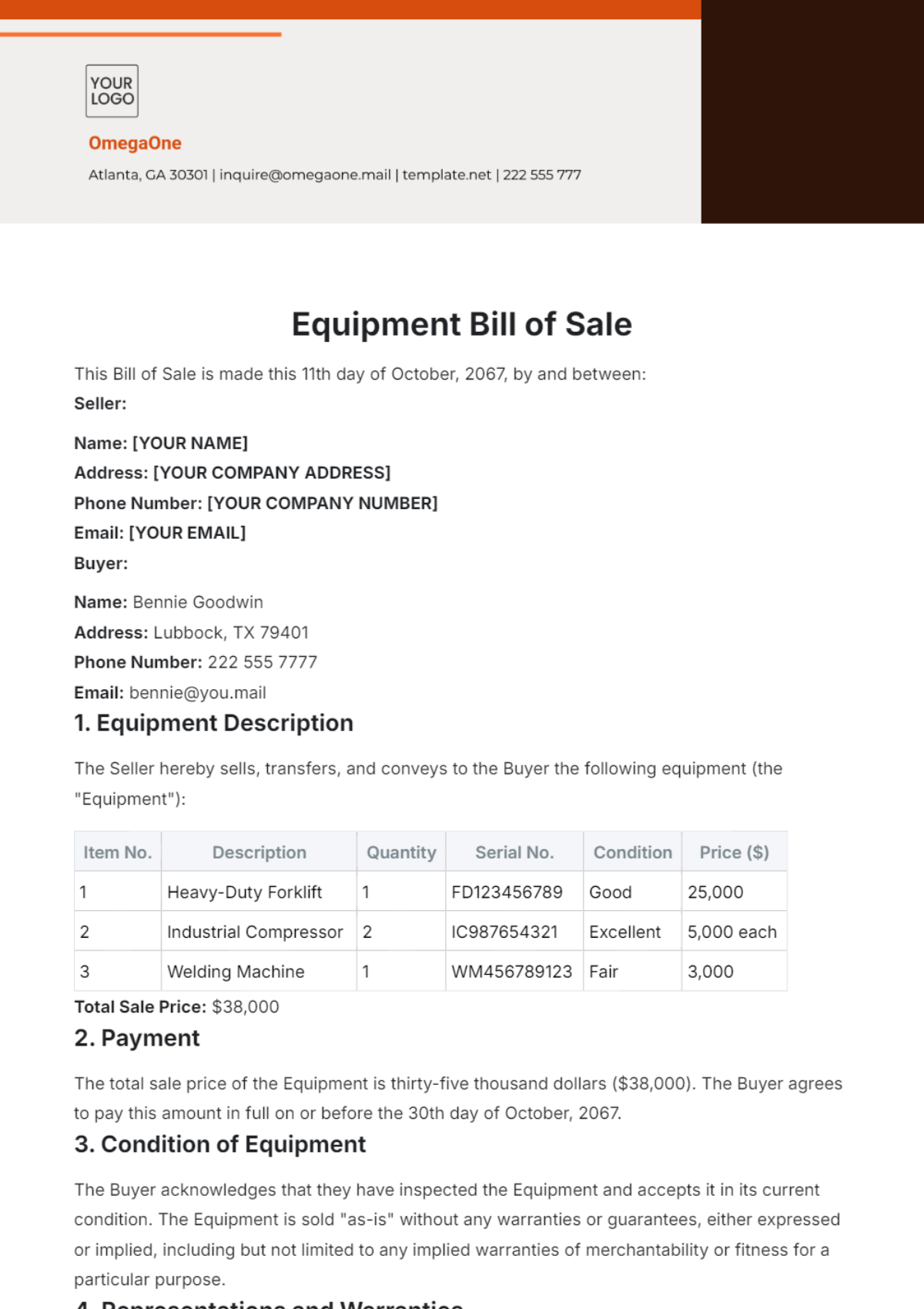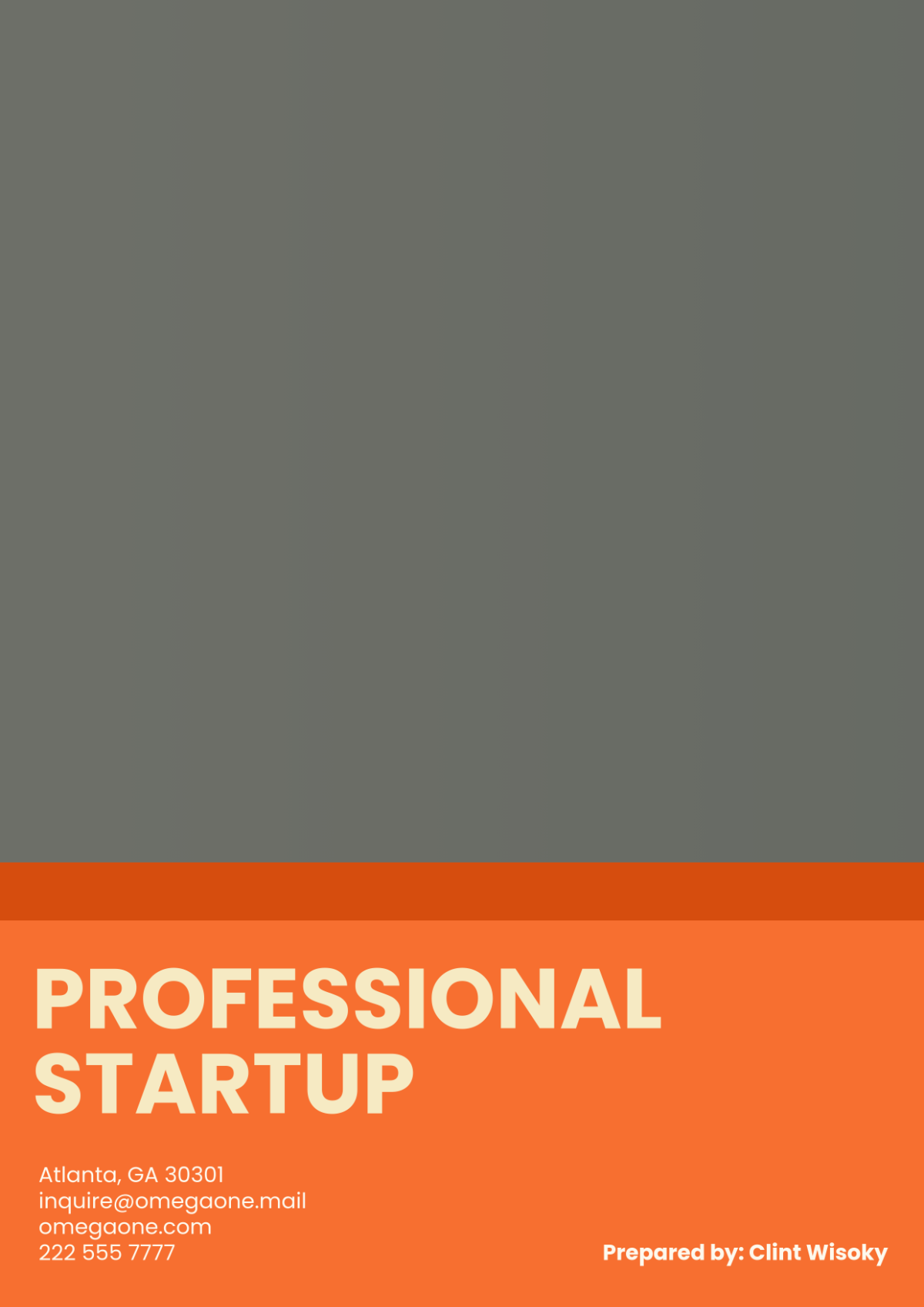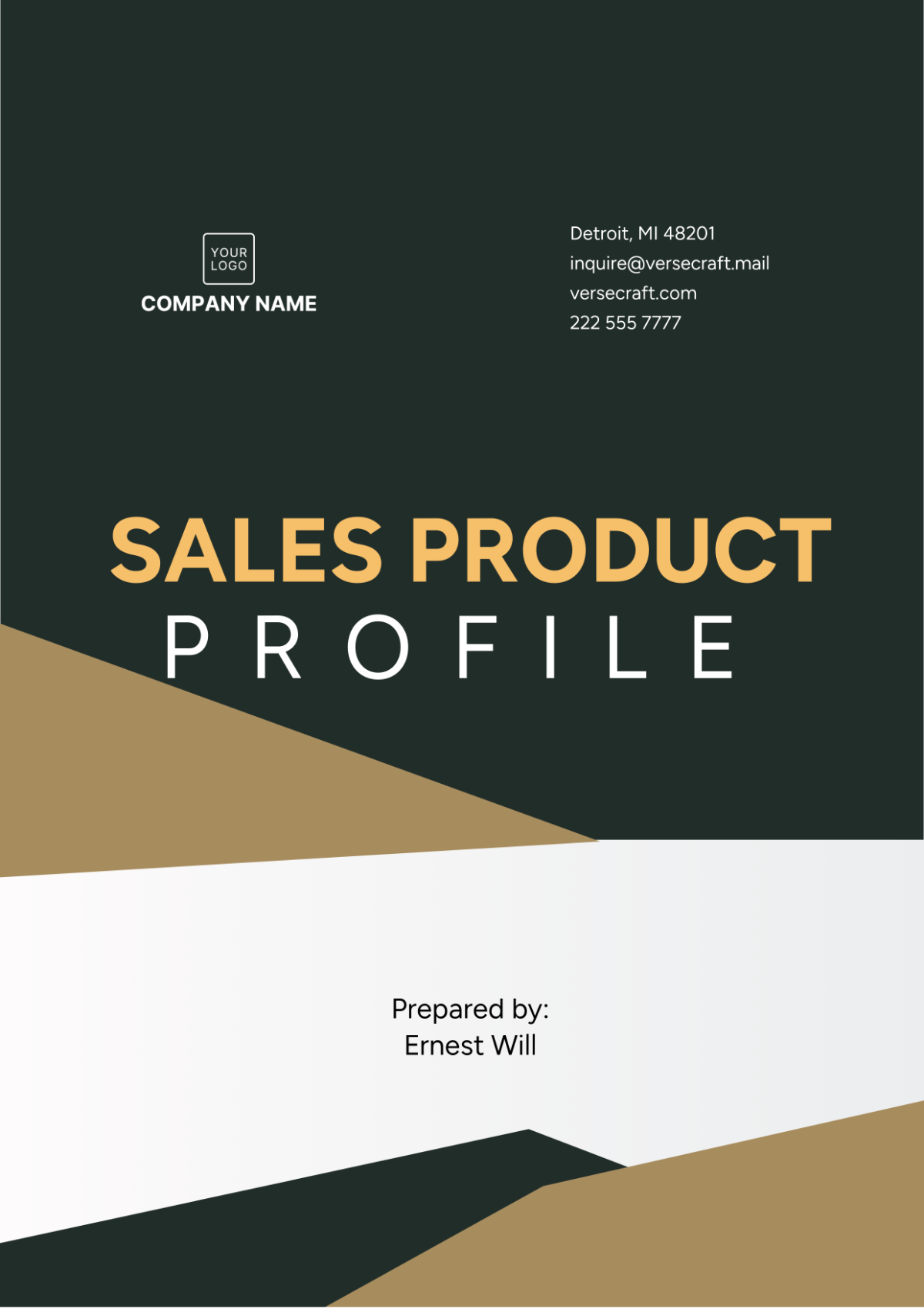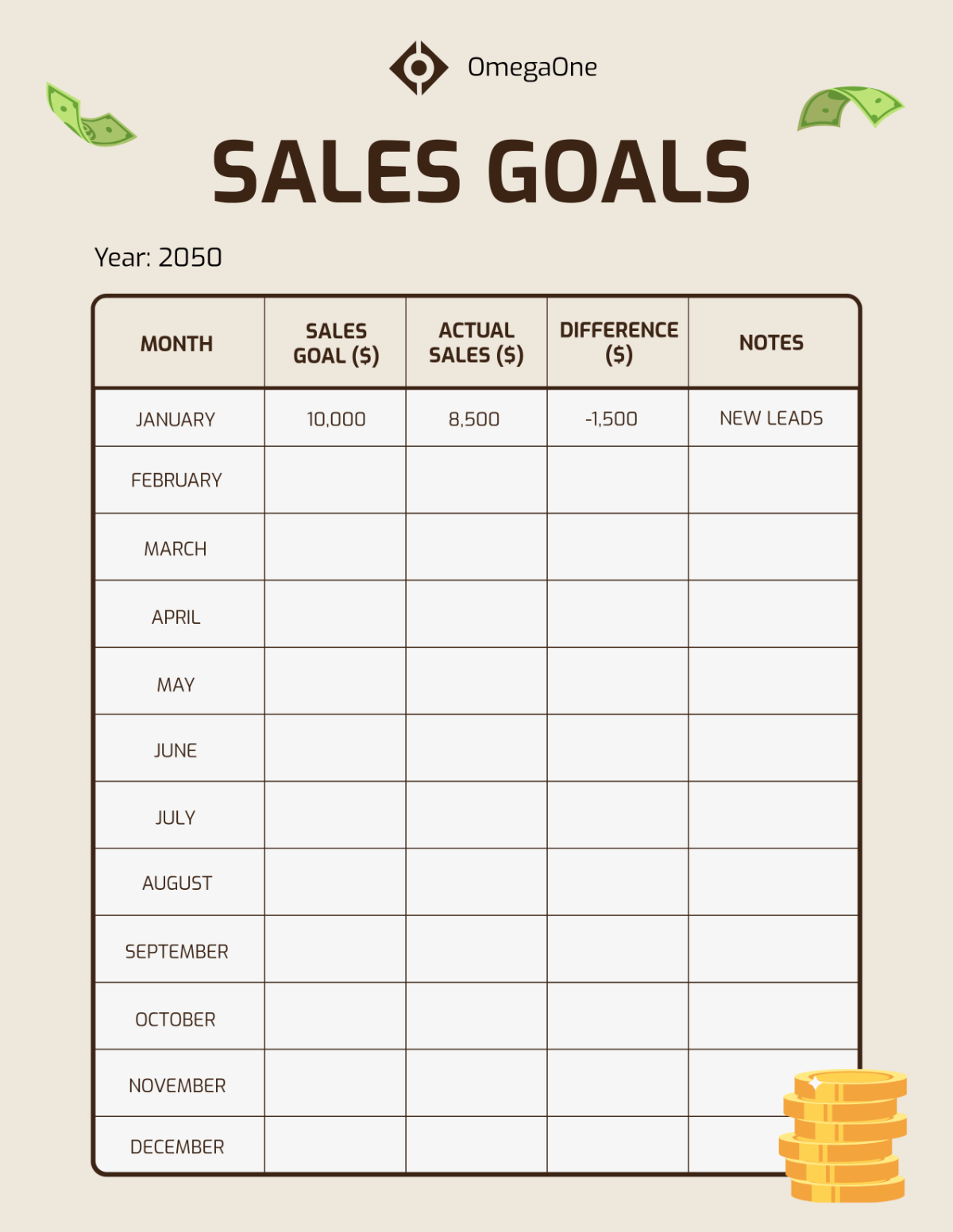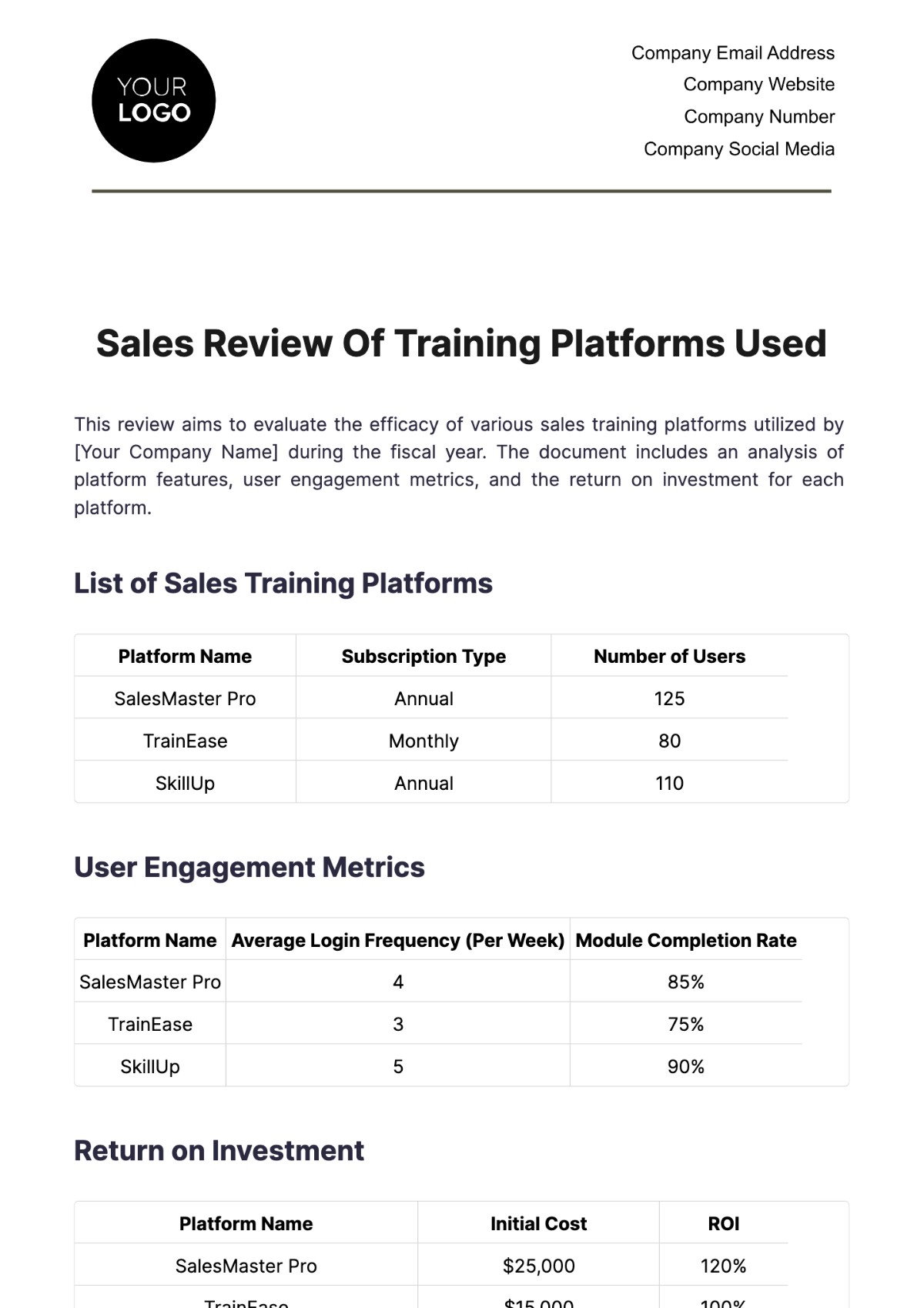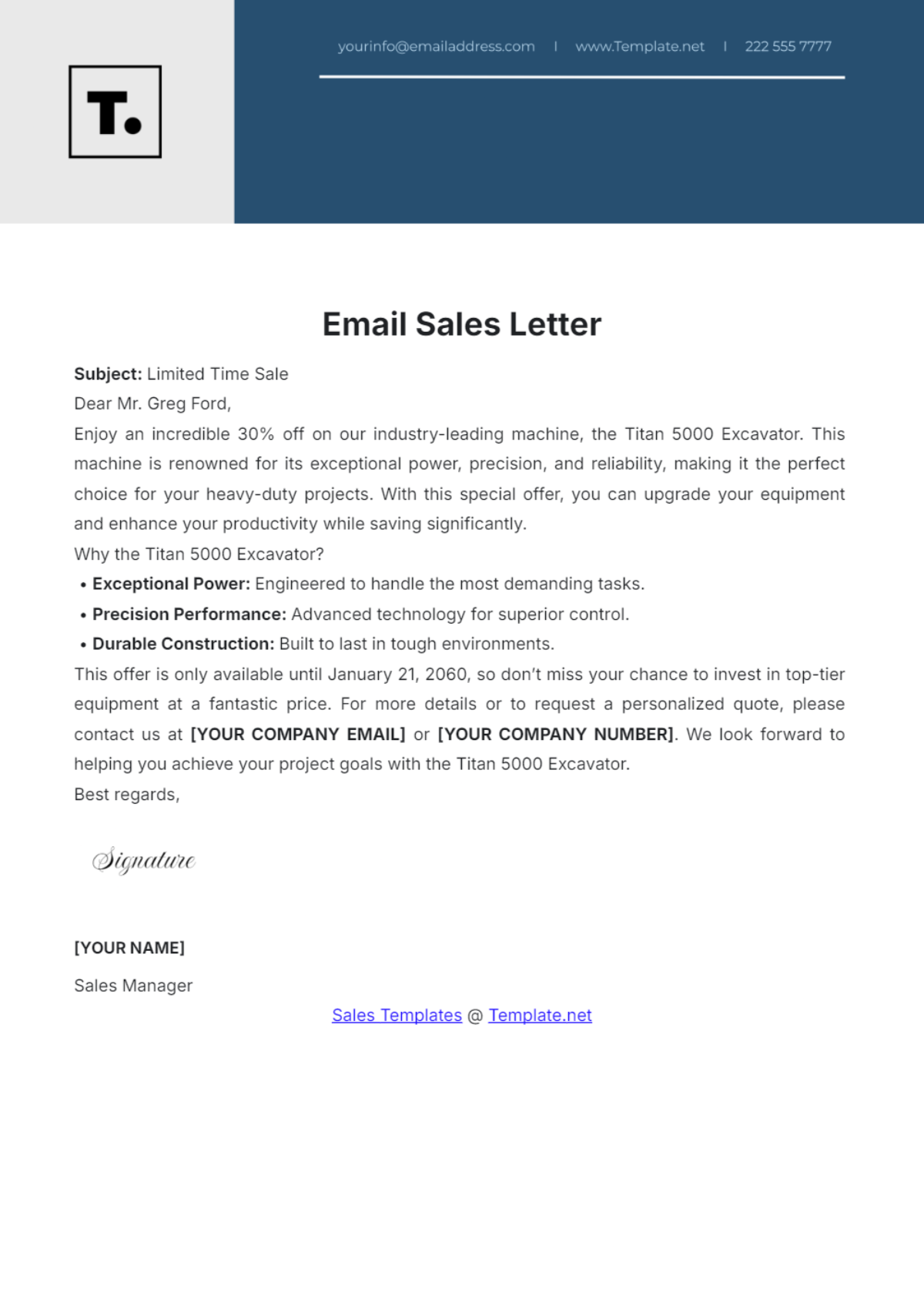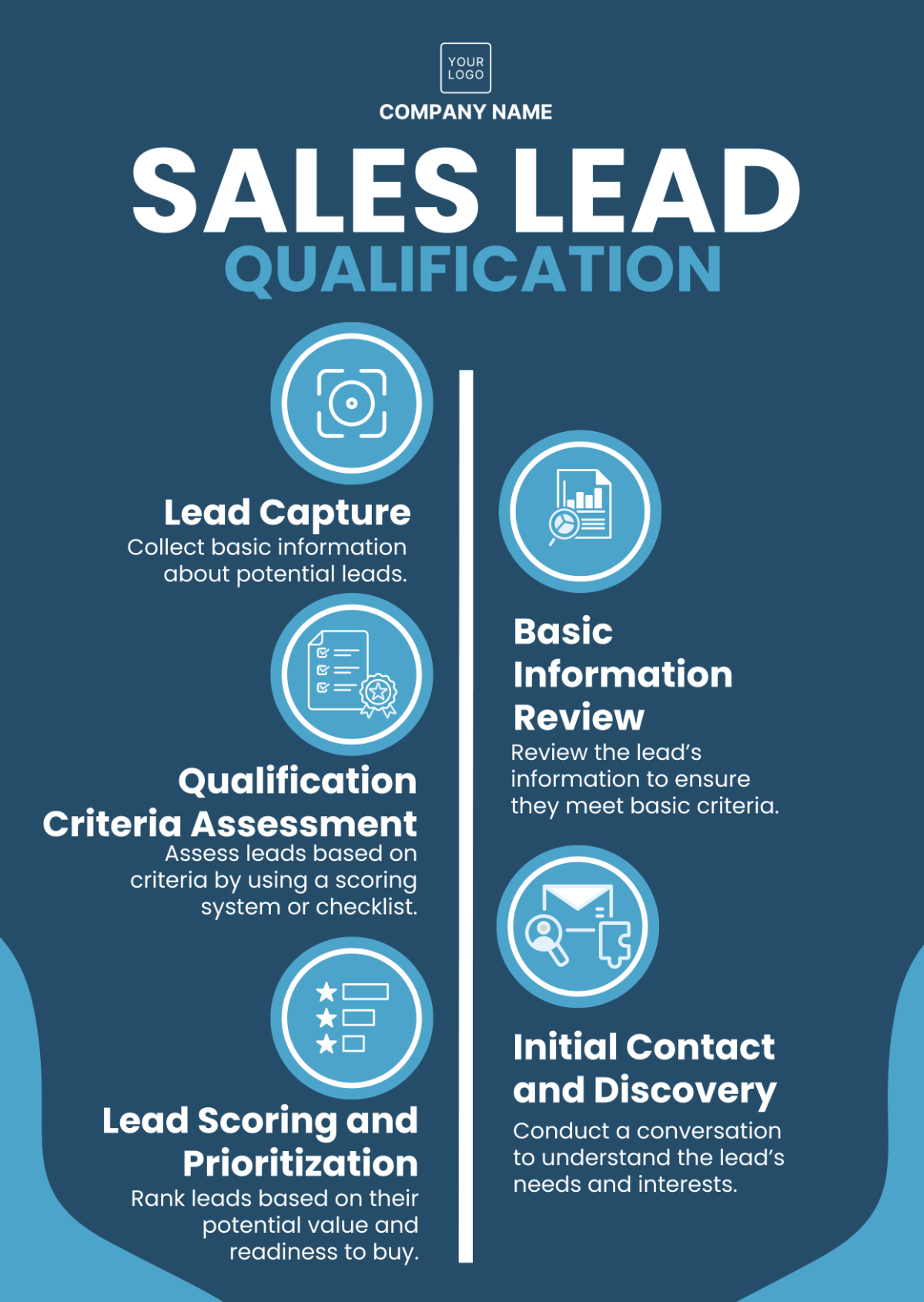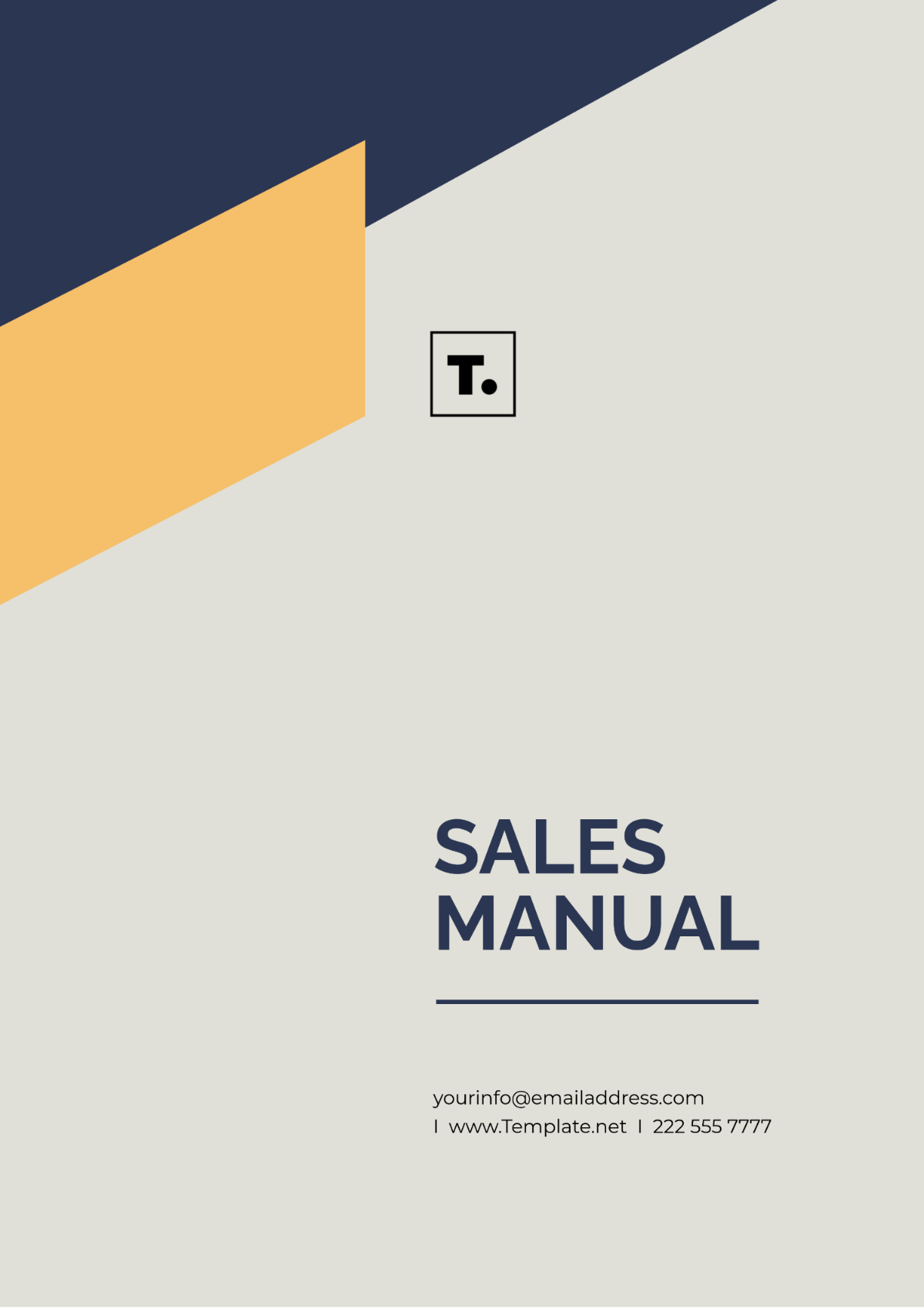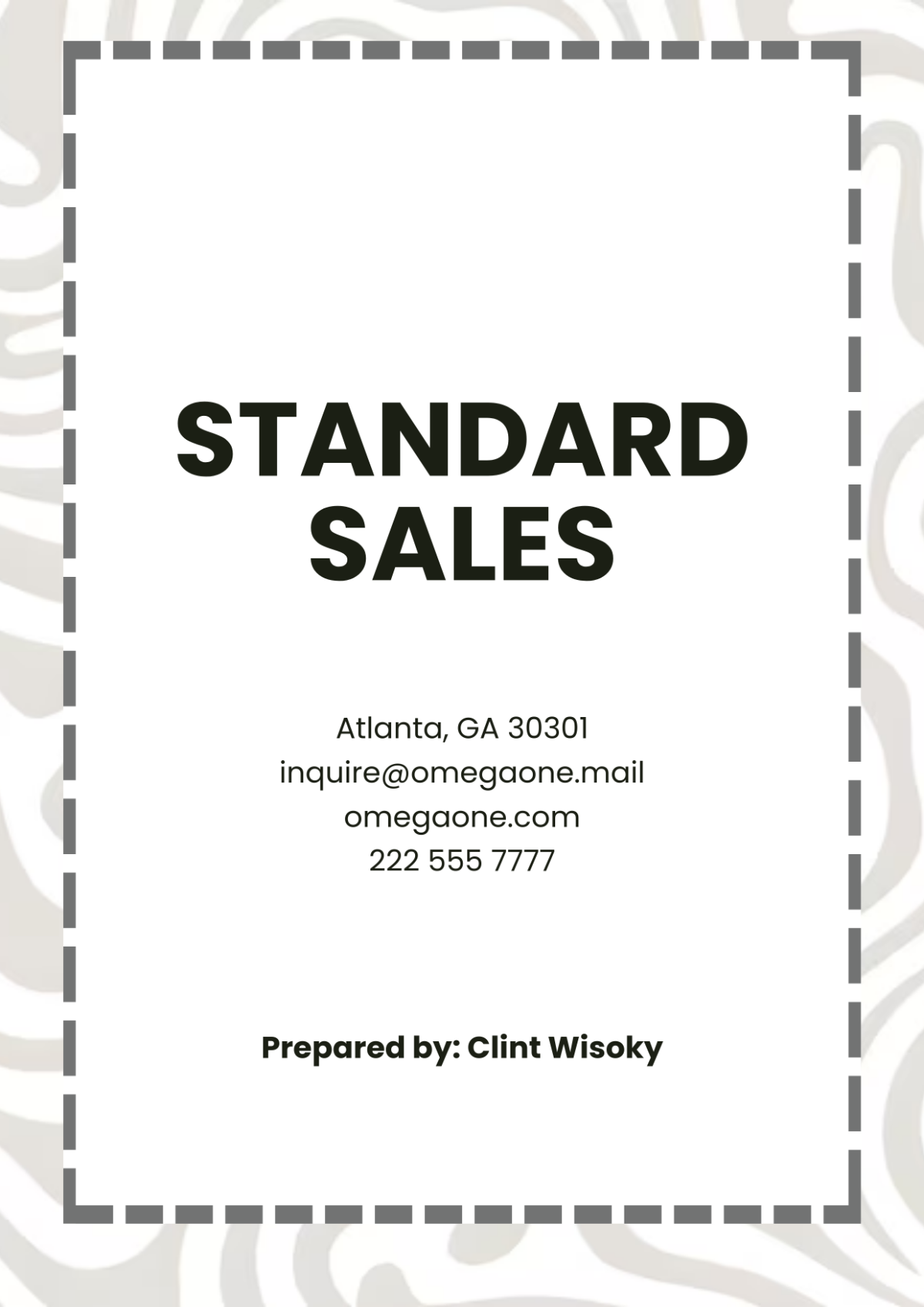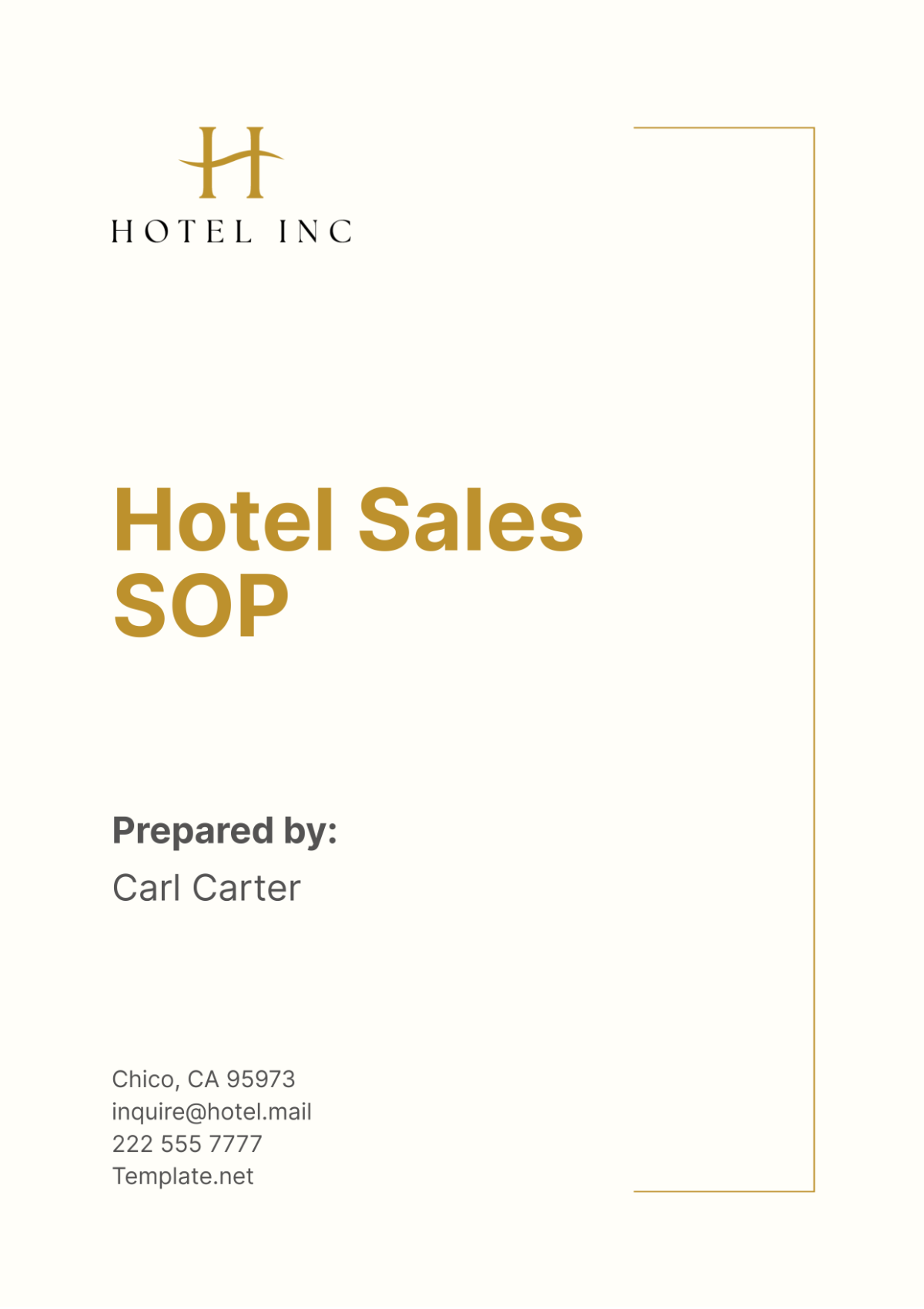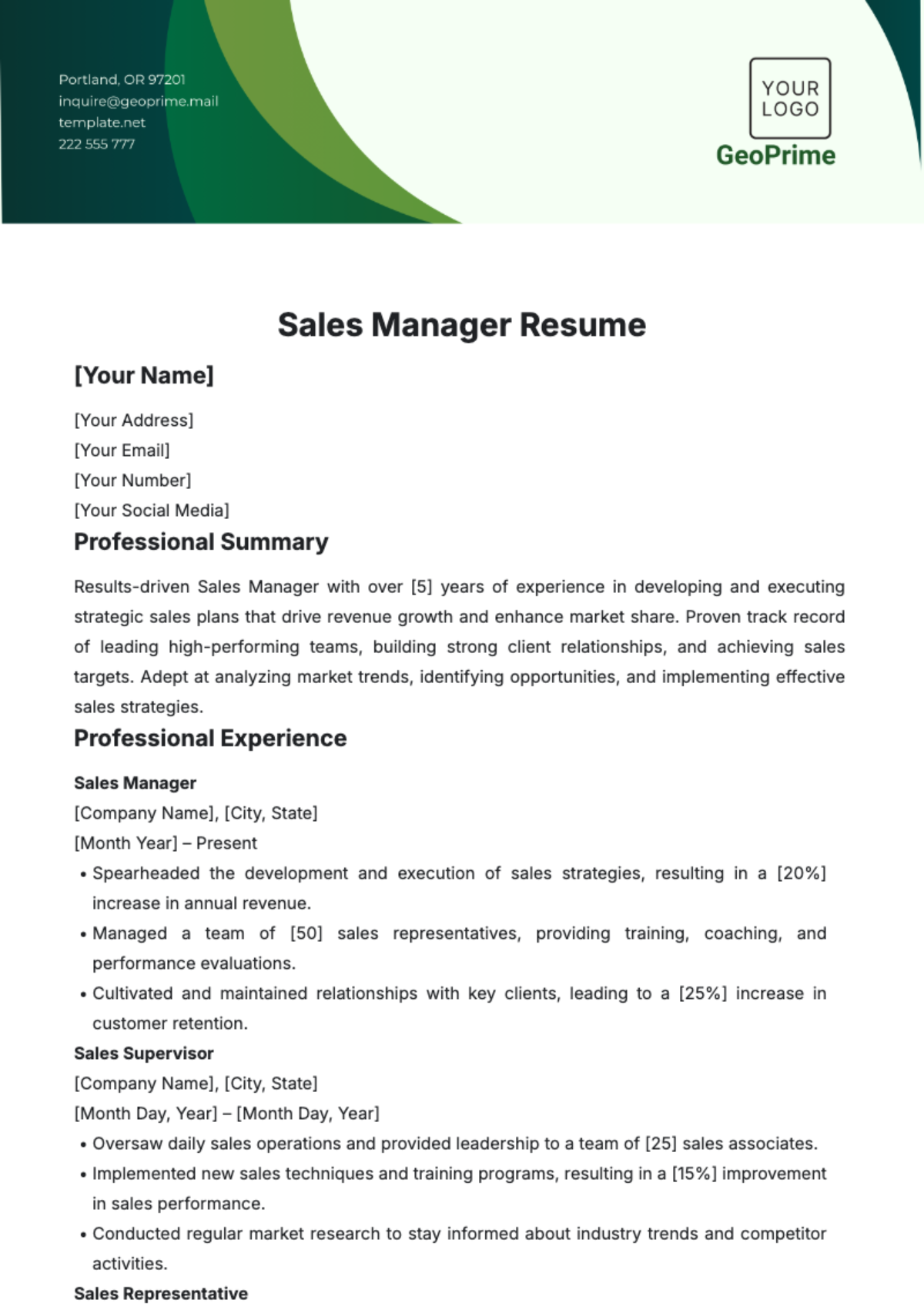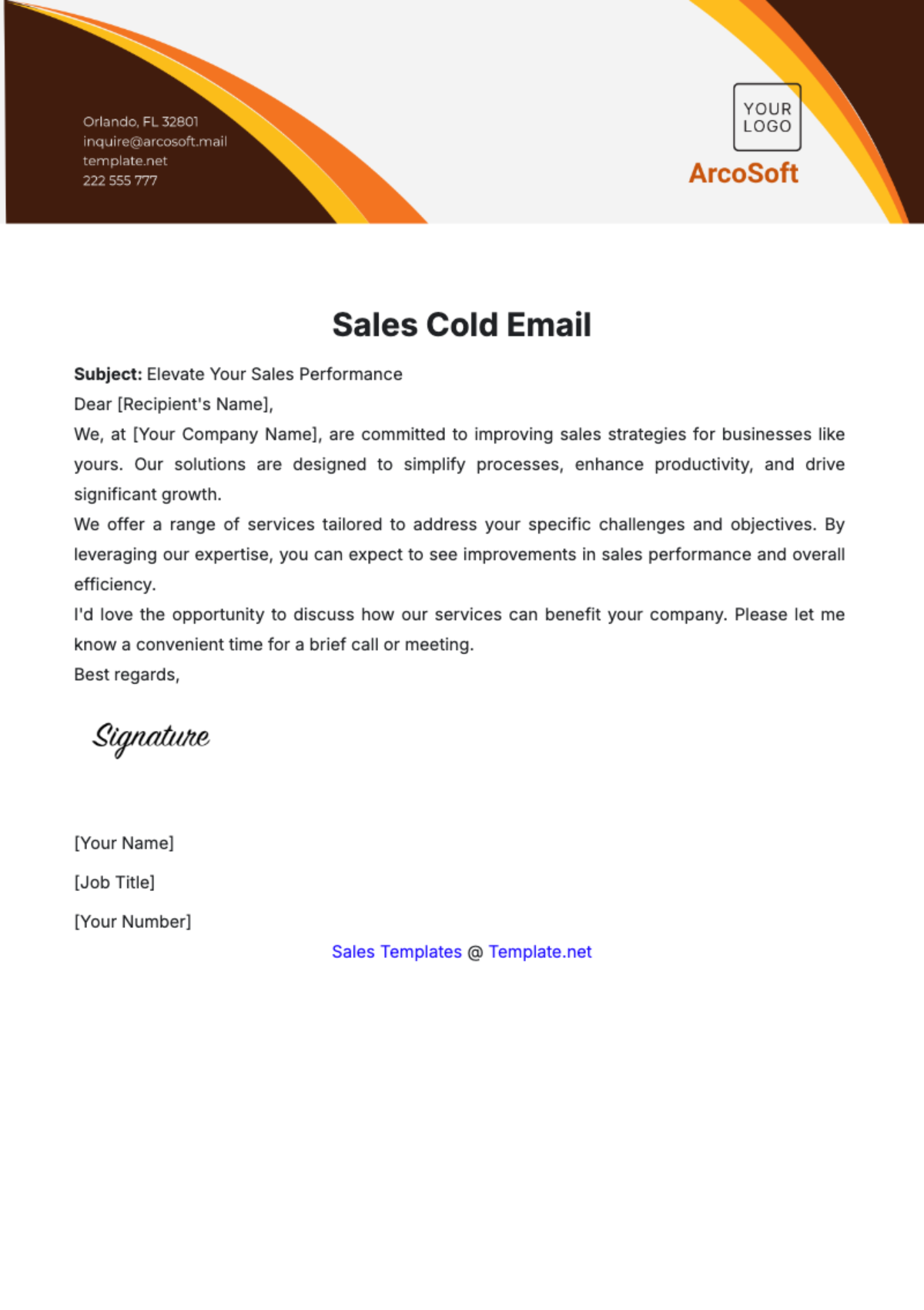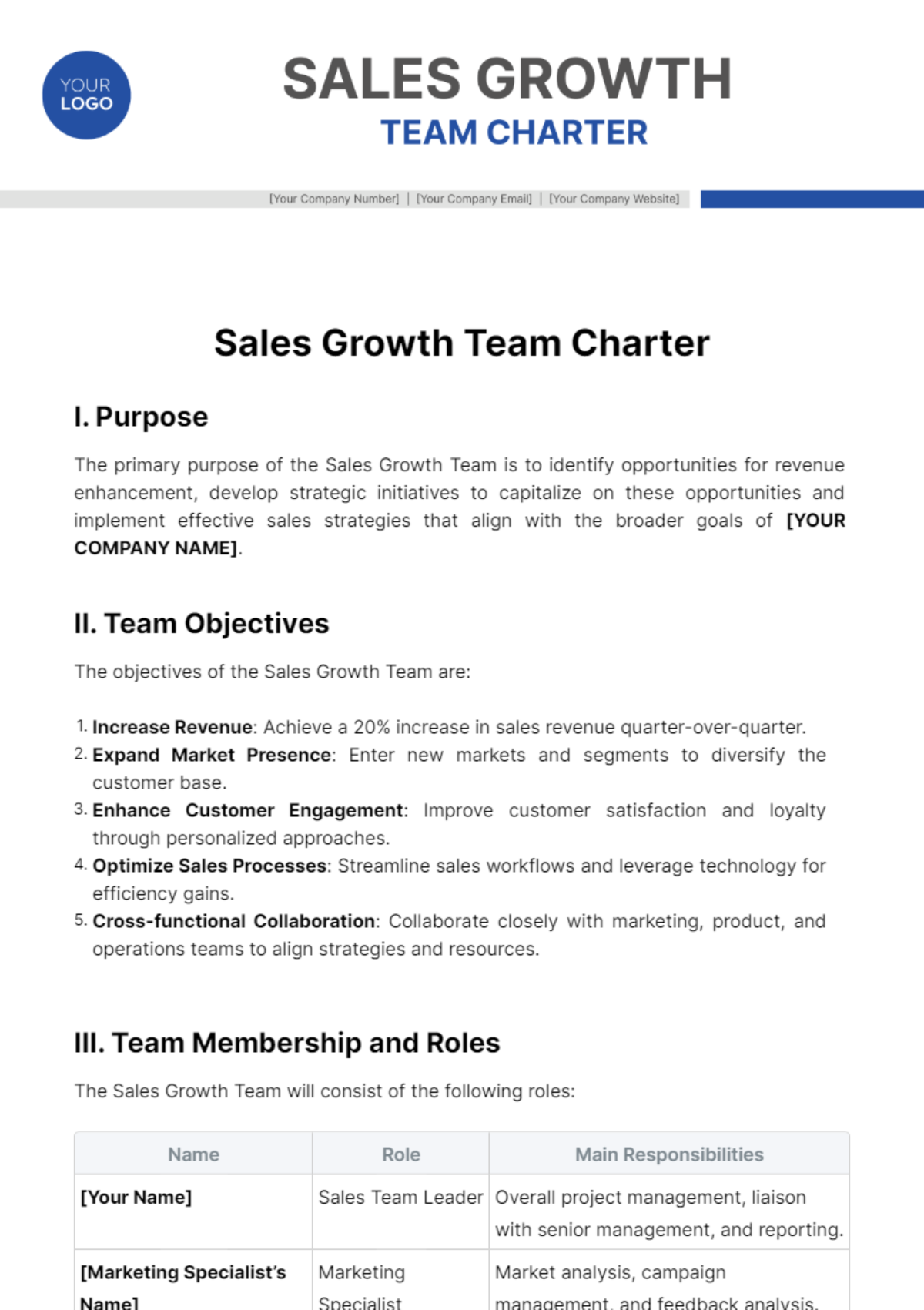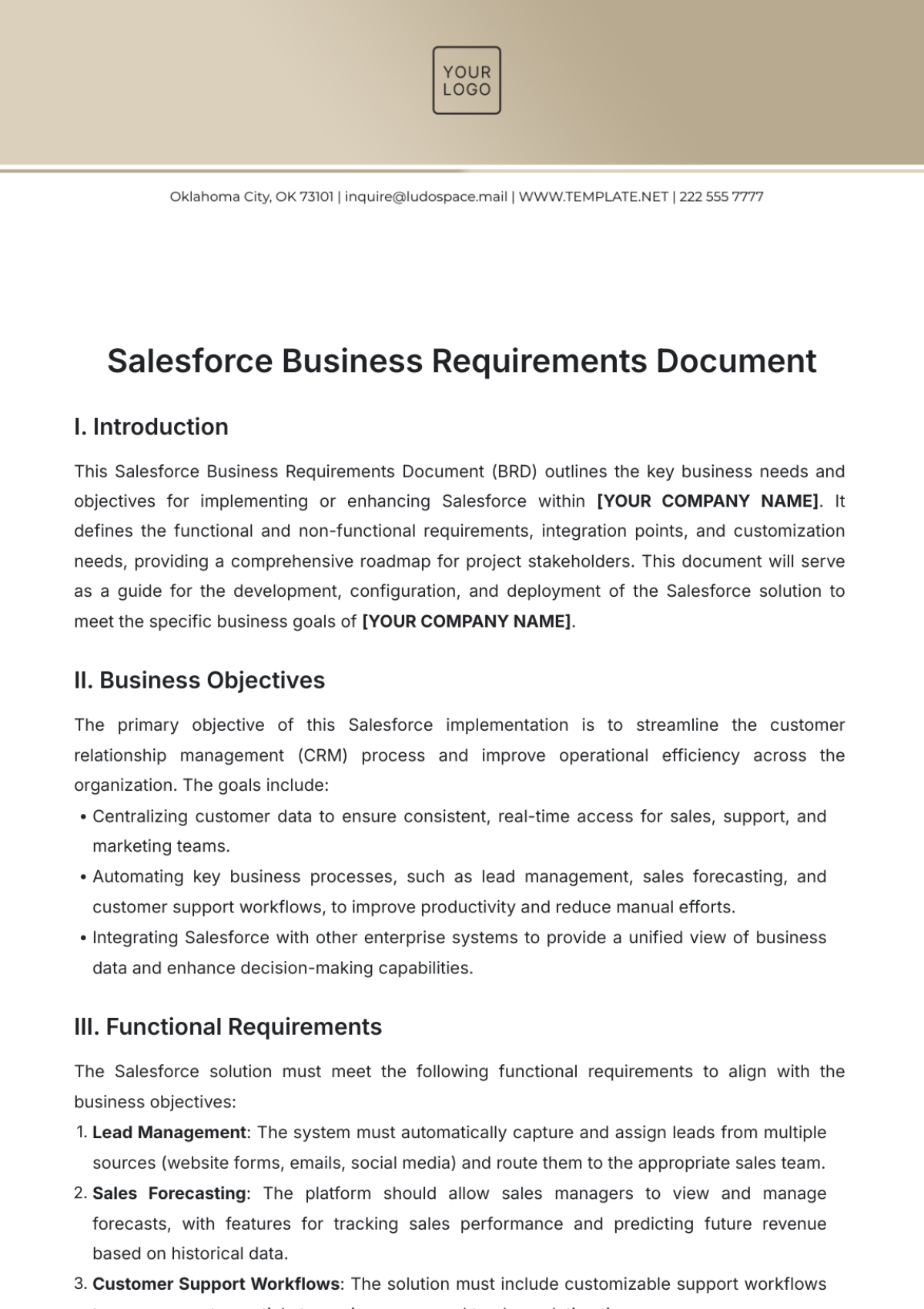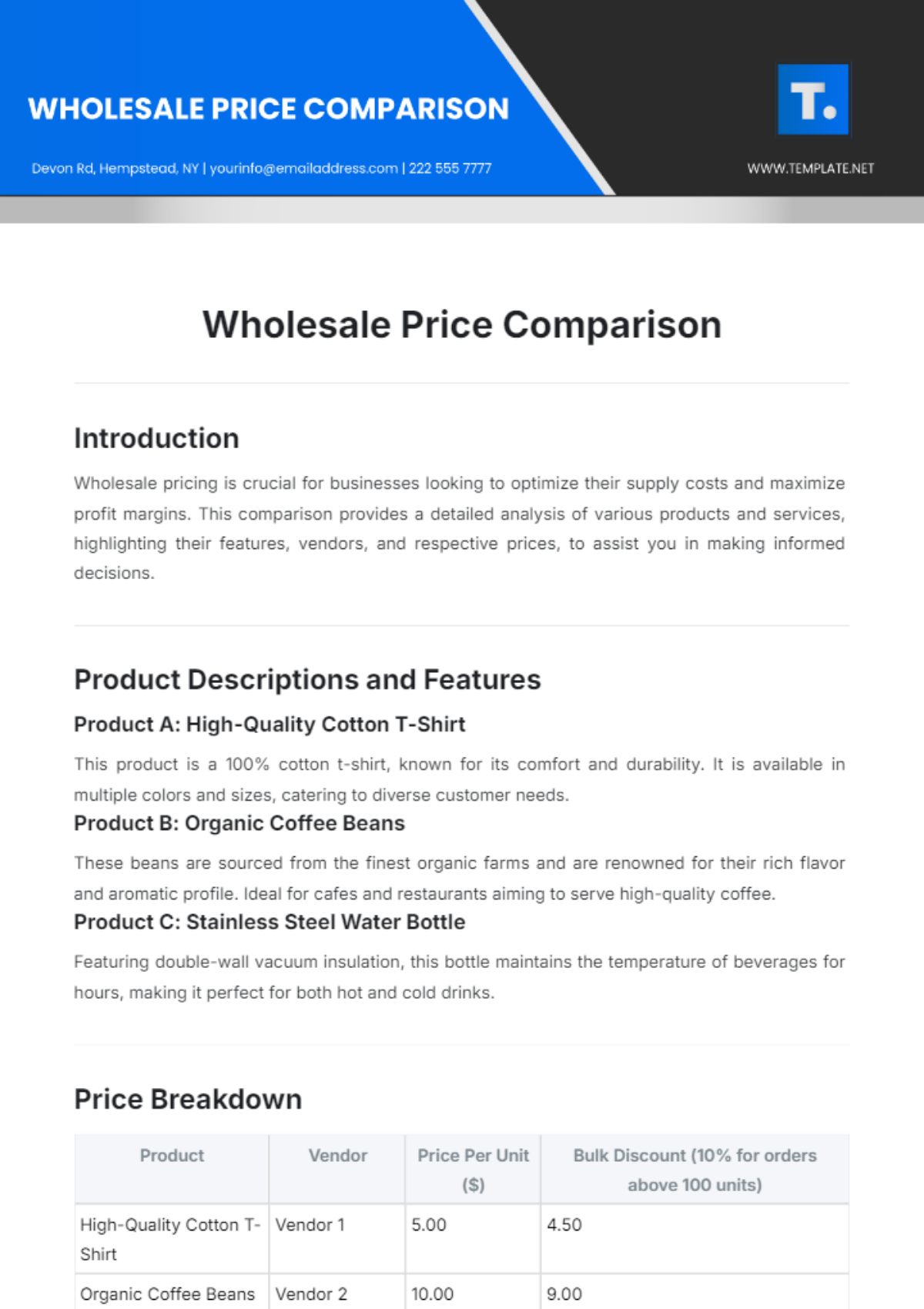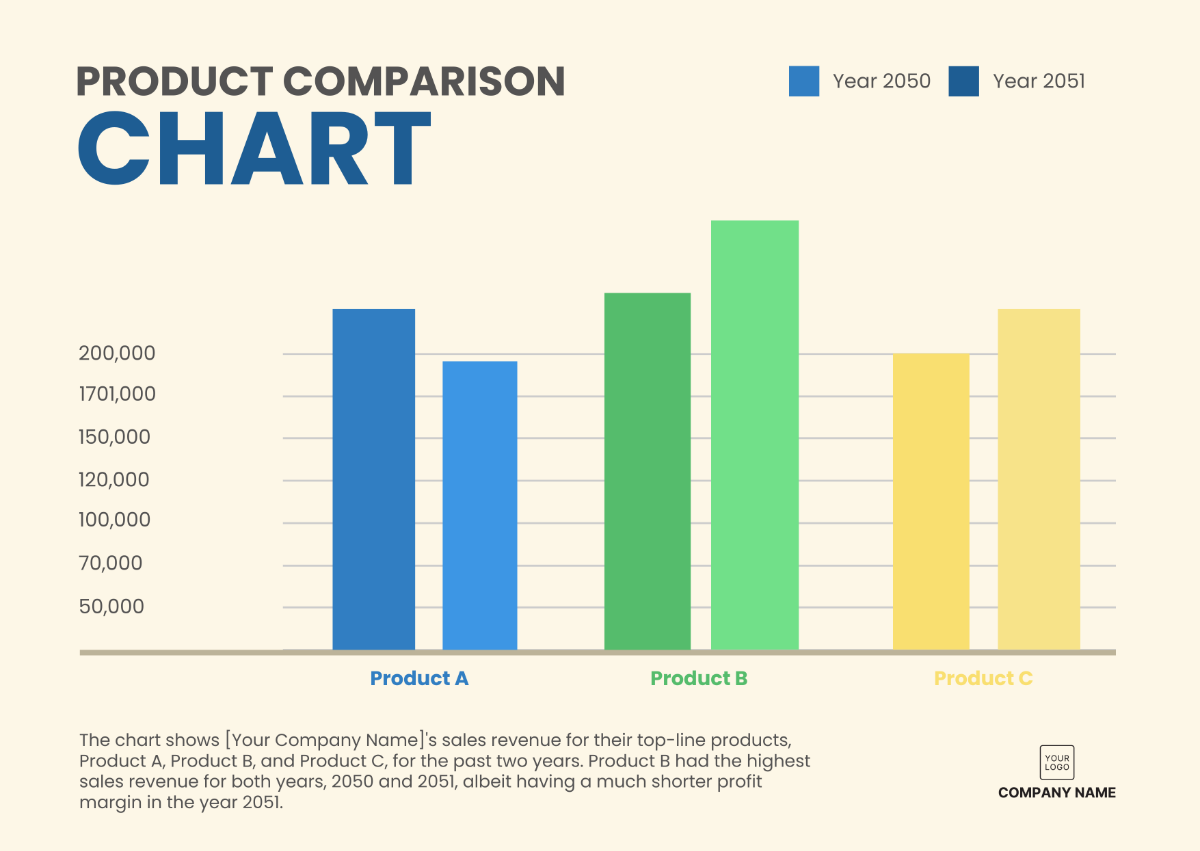Sale Project Feasibility Study
Prepared by: [Your Name]
Date: October 14, 2050
1. Executive Summary
This feasibility study assesses the potential for launching EcoClean, an eco-friendly cleaning product, in the German market. The study evaluates the current demand for green products, competition, financial projections, and operational requirements. Based on the findings, the aim is to determine if the project will yield a sustainable return on investment (ROI) and strengthen the company's presence in the European market.
2. Project Description
Objective: To introduce EcoClean into the German market by Q2 of 2051, capturing a 5% market share in the eco-friendly cleaning sector within the first two years.
Product Overview: EcoClean is an all-purpose biodegradable cleaning solution designed for environmentally conscious consumers. It contains natural ingredients, is free from harsh chemicals, and is safe for children and pets. The product is packaged in recyclable materials, aligning with the growing consumer demand for sustainable solutions.
Target Market: Environmentally conscious households and small businesses in Germany, particularly urban dwellers aged 25-45, who prioritize eco-friendly products.
3. Market Analysis
Market Size and Growth Rate: Germany’s market for eco-friendly cleaning products is currently valued at $500 million, with an annual growth rate of 8%. This is driven by increased awareness of environmental issues and government incentives for sustainable living.
Consumer Demand: According to recent market surveys, 60% of German households are willing to pay a premium for green cleaning products. This trend is expected to increase as sustainability becomes a higher priority.
Competitive Landscape: The major players in this space include brands like Method, Ecover, and Frosch. EcoClean can differentiate itself through superior product effectiveness and competitive pricing, supported by eco-friendly packaging.
Sales Forecast: In the first year, we project sales of 100,000 units, growing to 300,000 units by year three. EcoClean will be sold through online platforms like Amazon.de, as well as major retailers such as DM and Edeka.
4. Operational Feasibility
Production Capacity: Our current manufacturing plant can handle an additional production volume of up to 500,000 units annually, which is sufficient to meet projected demand in Germany.
Distribution Channels: Existing partnerships with European distributors and logistics companies will be leveraged to reach retail and e-commerce channels in Germany. Additional warehousing facilities near Hamburg may be required for faster distribution.
Logistics and Supply Chain: We plan to utilize sea freight to ship EcoClean from our main manufacturing hub in Poland to Germany. Local distribution will be handled by third-party logistics providers, ensuring cost efficiency.
Sales Team and Training: The current European sales team will be expanded to include five new sales representatives in Germany. Training will focus on product knowledge and sustainability marketing.
5. Financial Analysis
Initial Investment: $750,000 will be required for initial setup, including marketing ($300,000), production scale-up ($200,000), distribution setup ($150,000), and working capital ($100,000).
Cost Breakdown:
Production Costs: $2 per unit (including raw materials and labor).
Marketing and Advertising Costs: $300,000 in the first year for digital marketing, eco-influencer partnerships, and product launch events.
Distribution Costs: $0.50 per unit for warehousing and shipping in Germany.
Revenue Projections: At a selling price of $10 per unit, first-year revenues are estimated at $1 million. By year three, revenues are projected to reach $3 million, assuming consistent growth.
Break-even Analysis: Break-even is expected in the second year when cumulative sales reach 180,000 units.
Profitability Forecast: The projected gross profit margin is 60%, with net profit reaching $400,000 in year two and $1.2 million by year three.
6. Risk Analysis
Market Risks:
Risk: Lower-than-expected demand for eco-friendly products because of economic downturns or consumer spending shifts.
Mitigation: Diversify product offerings to include lower-cost variants and expand into neighboring markets (Austria, Switzerland).
Operational Risks:
Risk: Supply chain disruptions because of delays in shipping or material shortages.
Mitigation: Establish secondary suppliers for key raw materials and utilize local distributors for quick replenishment.
Financial Risks:
Risk: Rising production costs because of inflation or increases in raw material prices.
Mitigation: Negotiate long-term contracts with suppliers and increase prices gradually in line with market expectations.
Mitigation Strategies: A flexible pricing strategy, robust supply chain management, and frequent market trend analysis will help minimize risks.
7. Legal and Regulatory Considerations
Product Certifications: EcoClean will need to meet European Union regulations for household cleaning products and obtain eco-label certification to appeal to environmentally conscious consumers.
Import/Export Laws: Since production is based in Poland (within the EU), no significant import/export barriers are expected when entering Germany. However, careful monitoring of EU environmental packaging regulations will be required.
8. Conclusion
Launching EcoClean in Germany is deemed feasible and presents a strong opportunity to capture a growing share of the eco-friendly cleaning products market. Financial projections are positive, with a break-even point expected in the second year. Although market and operational risks exist, mitigation strategies are in place, and the company is well-positioned to leverage its existing production and distribution network. The next steps include detailed financial planning, finalizing distribution agreements, and preparing the product launch.

